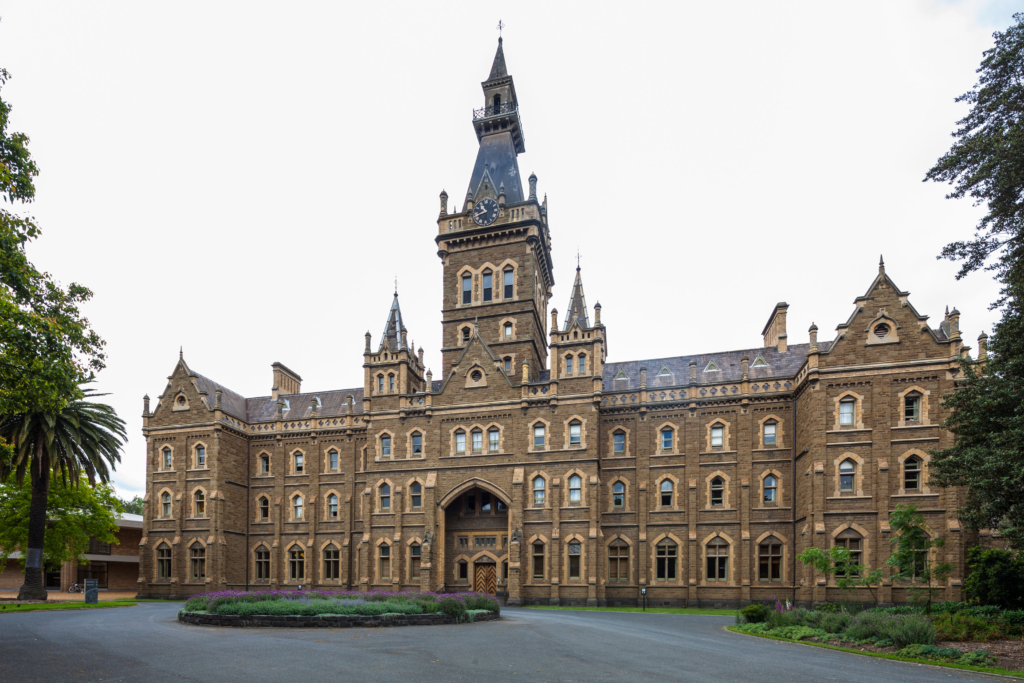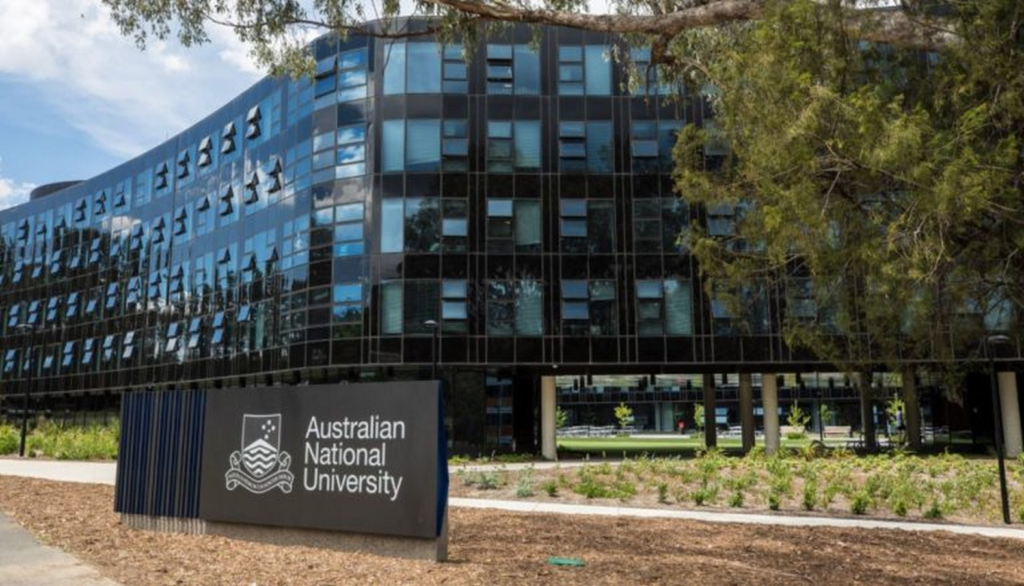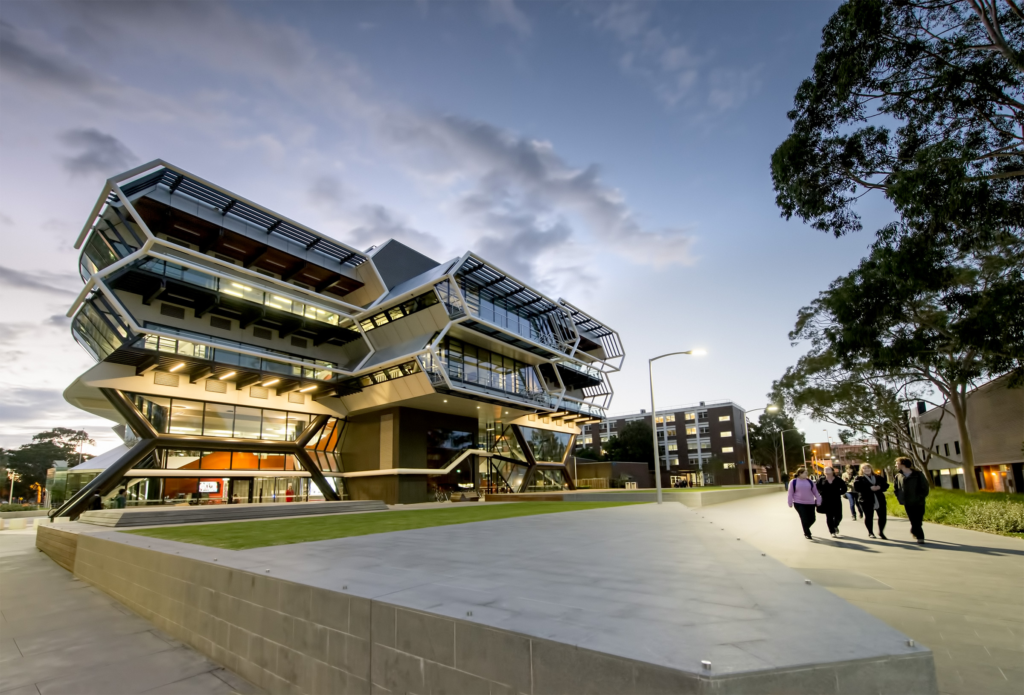Are you pursuing a Masters in Computer Science in Australia? Australia has become a premier destination for international students seeking advanced education in computer science. This comprehensive guide will provide you with essential information about pursuing a Masters in Computer Science in Australia, covering top universities, admission requirements, and career prospects. Australia’s higher education system is renowned for its world-class universities and cutting-edge research facilities. The country offers a diverse range of Masters in Computer Science programs that cater to various specializations within the field. These programs are designed to equip students with advanced knowledge and skills necessary for success in the rapidly evolving tech industry.
Choosing to pursue a Masters in Computer Science in Australia can be a strategic decision for your career. Australian universities are consistently ranked among the best in the world, and their computer science programs are no exception. This article will explore the benefits of studying in Australia, top universities offering Masters in Computer Science programs, admission requirements, curriculum overview, costs, and career opportunities.
Top Reasons to Study Masters in Computer Science in Australia

Australia offers numerous advantages for international students pursuing a Masters in Computer Science. Here are the key reasons why Australia is an excellent choice for your postgraduate studies:
- World-Class Universities and Cutting-Edge Research: Australian universities are known for their high-quality education and research capabilities. According to the QS World University Rankings 2024, seven Australian universities rank in the top 100 for Computer Science and Information Systems. These institutions offer state-of-the-art facilities and collaborate with industry leaders, providing students with access to the latest technologies and research opportunities.
- High Graduate Employability Rates: Graduates of Masters in Computer Science programs in Australia enjoy high employability rates. The 2023 QS Graduate Employability Rankings place several Australian universities in the top 50 globally for graduate employability. This indicates that Australian degrees are highly valued by employers worldwide, giving you a competitive edge in the job market.
- Affordable Tuition Fees Compared to the USA and UK: While pursuing a Masters in Computer Science in Australia is a significant investment, tuition fees are generally more affordable compared to similar programs in the United States and the United Kingdom. Additionally, many Australian universities offer scholarships and financial aid options for international students, making education more accessible.
- Strong Industry Connections and Internship Opportunities: Australian universities maintain strong ties with the tech industry, offering students valuable networking and internship opportunities. Many Masters in Computer Science programs include industry projects or internships as part of the curriculum, allowing students to gain practical experience and build professional connections before graduation.
- Post-Study Work Visa and PR Opportunities: Australia offers attractive post-study work options for international students. Graduates of a Masters in Computer Science program may be eligible for a Post-Study Work visa, allowing them to work in Australia for up to four years after completing their degree. This provides an excellent opportunity to gain work experience and potentially pursue permanent residency in Australia.
Best Universities for Masters in Computer Science in Australia
Let’s explore some of the top universities offering Masters in Computer Science programs in Australia:
University of Melbourne
The University of Melbourne is a leading institution for computer science education in Australia. Known for its strong focus on research and innovation, the university offers a comprehensive Masters in Computer Science program with specializations in areas such as artificial intelligence and machine learning.

| Criteria | Details |
|---|---|
| QS World Ranking 2024 | 14 |
| Acceptance Rate | Approximately 20% |
| Tuition Fees (Annual) | AUD 46,848 |
| Living Expenses (Annual) | AUD 25,000 – 30,000 |
| Notable Alumni | Alan Gilbert (former Vice-Chancellor), Peter Singer (philosopher) |
| Average GRE Score | 320+ |
| Average IELTS Score | 6.5 overall (no band less than 6.0) |
| Post-Grad Average Salary | AUD 85,000 – 95,000 |
Australian National University (ANU)
ANU is renowned for its excellence in software engineering and computer science research. The university’s Masters in Computing program offers a range of specializations and research opportunities.

| Criteria | Details |
|---|---|
| QS World Ranking 2024 | 30 |
| Acceptance Rate | Approximately 35% |
| Tuition Fees (Annual) | AUD 45,600 |
| Living Expenses (Annual) | AUD 23,000 – 28,000 |
| Notable Alumni | Kevin Rudd (former Prime Minister), Julie Bishop (former Foreign Minister) |
| Average GRE Score | 315+ |
| Average IELTS Score | 6.5 overall (no band less than 6.0) |
| Post-Grad Average Salary | AUD 80,000 – 90,000 |
University of Sydney
The University of Sydney offers a comprehensive Masters in Computer Science program with a strong emphasis on practical skills and industry relevance.

| Criteria | Details |
|---|---|
| QS World Ranking 2024 | 19 |
| Acceptance Rate | Approximately 30% |
| Tuition Fees (Annual) | AUD 48,000 |
| Living Expenses (Annual) | AUD 26,000 – 32,000 |
| Notable Alumni | Gail Kelly (former CEO of Westpac), John Bradfield (chief engineer of Sydney Harbour Bridge) |
| Average GRE Score | 318+ |
| Average IELTS Score | 6.5 overall (no band less than 6.0) |
| Post-Grad Average Salary | AUD 82,000 – 92,000 |
University of New South Wales (UNSW)
UNSW is known for its strong focus on cybersecurity and offers a Masters in Cybersecurity program alongside its general Masters in Computer Science.

| Criteria | Details |
|---|---|
| QS World Ranking 2024 | 45 |
| Acceptance Rate | Approximately 25% |
| Tuition Fees (Annual) | AUD 47,040 |
| Living Expenses (Annual) | AUD 25,000 – 30,000 |
| Notable Alumni | Scott Morrison (former Prime Minister), Gladys Berejiklian (former NSW Premier) |
| Average GRE Score | 315+ |
| Average IELTS Score | 6.5 overall (no band less than 6.0) |
| Post-Grad Average Salary | AUD 80,000 – 90,000 |
Monash University
Monash University is recognized for its strong industry partnerships and offers a Masters in Computer Science with various specializations.

| Criteria | Details |
|---|---|
| QS World Ranking 2024 | 57 |
| Acceptance Rate | Approximately 40% |
| Tuition Fees (Annual) | AUD 45,000 |
| Living Expenses (Annual) | AUD 23,000 – 28,000 |
| Notable Alumni | Peter Costello (former Treasurer), Doug Chant (co-founder of Seek) |
| Average GRE Score | 310+ |
| Average IELTS Score | 6.5 overall (no band less than 6.0) |
| Post-Grad Average Salary | AUD 75,000 – 85,000 |
Eligibility Criteria for Masters in Computer Science in Australia

To be eligible for a Masters in Computer Science in Australia, you typically need to meet the following criteria:
Academic Qualifications and GPA Requirements
Most universities require a bachelor’s degree in Computer Science, Information Technology, or a related field. The minimum GPA requirement varies by institution but is generally around 65-70% or a GPA of 2.7-3.0 on a 4.0 scale.
| University | Minimum GPA Requirement |
|---|---|
| University of Melbourne | 65% or equivalent |
| Australian National University | 70% or equivalent |
| University of Sydney | 65% or equivalent |
| University of New South Wales | 65% or equivalent |
| Monash University | 60% or equivalent |
English Language Proficiency Tests (IELTS/TOEFL)
As the medium of instruction is English, you need to demonstrate proficiency through standardized tests such as IELTS or TOEFL.
| Test | Minimum Score Required |
|---|---|
| IELTS | 6.5 overall (no band less than 6.0) |
| TOEFL iBT | 79-93 |
| PTE Academic | 58-64 |
Statement of Purpose and Letters of Recommendation
Most universities require a Statement of Purpose outlining your academic and career goals, along with two to three letters of recommendation from academic or professional referees.
Work Experience and Internships
While not always mandatory, relevant work experience or internships can strengthen your application, especially for more competitive programs.
Application Deadlines and Process
Application deadlines vary by university and intake (usually February and July). It’s advisable to apply at least 6-8 months before the intended start date.
Curriculum Overview for Masters in Computer Science in Australia

The curriculum for a Masters in Computer Science in Australia typically includes:
Core Subjects and Electives
Core subjects usually cover advanced topics in algorithms, data structures, software engineering, and research methods. Electives allow students to specialize in areas of interest.
| Core Subjects | Electives |
|---|---|
| Advanced Algorithms | Machine Learning |
| Data Structures | Artificial Intelligence |
| Software Engineering | Cloud Computing |
| Research Methods | Cybersecurity |
| Database Systems | Computer Vision |
Popular Specializations
Many universities offer specializations within their Masters in Computer Science programs:
- Artificial Intelligence and Machine Learning
- Data Science and Analytics
- Cybersecurity
- Cloud Computing and Distributed Systems
- Software Engineering
Practical Training and Industry Projects
Many programs incorporate industry projects or internships to provide hands-on experience.
Tuition Fees and Living Costs for Masters in Computer Science in Australia

Average Tuition Fees at Top Universities
| University | Annual Tuition Fee (AUD) |
|---|---|
| University of Melbourne | 46,848 |
| Australian National University | 45,600 |
| University of Sydney | 48,000 |
| University of New South Wales | 47,040 |
| Monash University | 45,000 |
Cost of Living in Major Australian Cities
| City | Estimated Annual Living Costs (AUD) |
|---|---|
| Sydney | 26,000 – 32,000 |
| Melbourne | 25,000 – 30,000 |
| Canberra | 23,000 – 28,000 |
| Brisbane | 22,000 – 27,000 |
| Adelaide | 20,000 – 25,000 |
Scholarships and Financial Aid for International Students
Many universities offer scholarships based on academic merit or research potential. Government scholarships like the Australia Awards are also available.
Part-Time Work Opportunities for Students
International students can work up to 40 hours per fortnight during the semester and full-time during breaks.
Career Scope After Masters in Computer Science in Australia
Job Roles and Industries for MS in Computer Science Graduates
Graduates can pursue roles such as:
- Software Engineer
- Data Scientist
- Machine Learning Engineer
- Cybersecurity Analyst
- Cloud Solutions Architect
Average Salaries for Computer Science Professionals in Australia
| Job Role | Average Annual Salary (AUD) |
|---|---|
| Software Engineer | 85,000 – 120,000 |
| Data Scientist | 90,000 – 130,000 |
| Machine Learning Engineer | 95,000 – 140,000 |
| Cybersecurity Analyst | 80,000 – 115,000 |
| Cloud Solutions Architect | 100,000 – 150,000 |
Companies Hiring MS in Computer Science Graduates
Major tech companies and startups in Australia actively recruit computer science graduates, including:
- Microsoft
- Amazon
- Atlassian
- Canva
Long-Term Career Growth and PR Pathways
Computer science professionals are in high demand in Australia, with opportunities for career advancement and permanent residency through skilled migration programs.
Step-by-Step Application Process for MS in Computer Science
Research and Shortlist Universities
Begin by researching universities offering Masters in Computer Science programs in Australia. Consider factors such as program structure, specializations, and university rankings.
Prepare and Submit Your Application
Gather required documents:
- Academic transcripts
- English language test scores
- Statement of Purpose
- Letters of Recommendation
- CV/Resume
Submit your application through the university’s online portal.
Application Deadlines and Timeline
| Intake | Typical Application Deadline |
|---|---|
| February (Semester 1) | October-November of previous year |
| July (Semester 2) | April-May of the same year |
Visa Process and Documentation
After receiving an offer and paying the tuition deposit, apply for a student visa (subclass 500). The visa application process typically takes 4-6 weeks.
Conclusion
Pursuing a Masters in Computer Science in Australia offers a unique blend of world-class education, research opportunities, and career prospects. With top-ranked universities, diverse specializations, and a thriving tech industry, Australia provides an ideal environment for advancing your computer science career. The country’s post-study work options and potential pathways to permanent residency make it an attractive destination for international students. By carefully considering the information provided in this guide, you can make an informed decision about your postgraduate studies in computer science and take the first step towards a rewarding international education experience in Australia.




